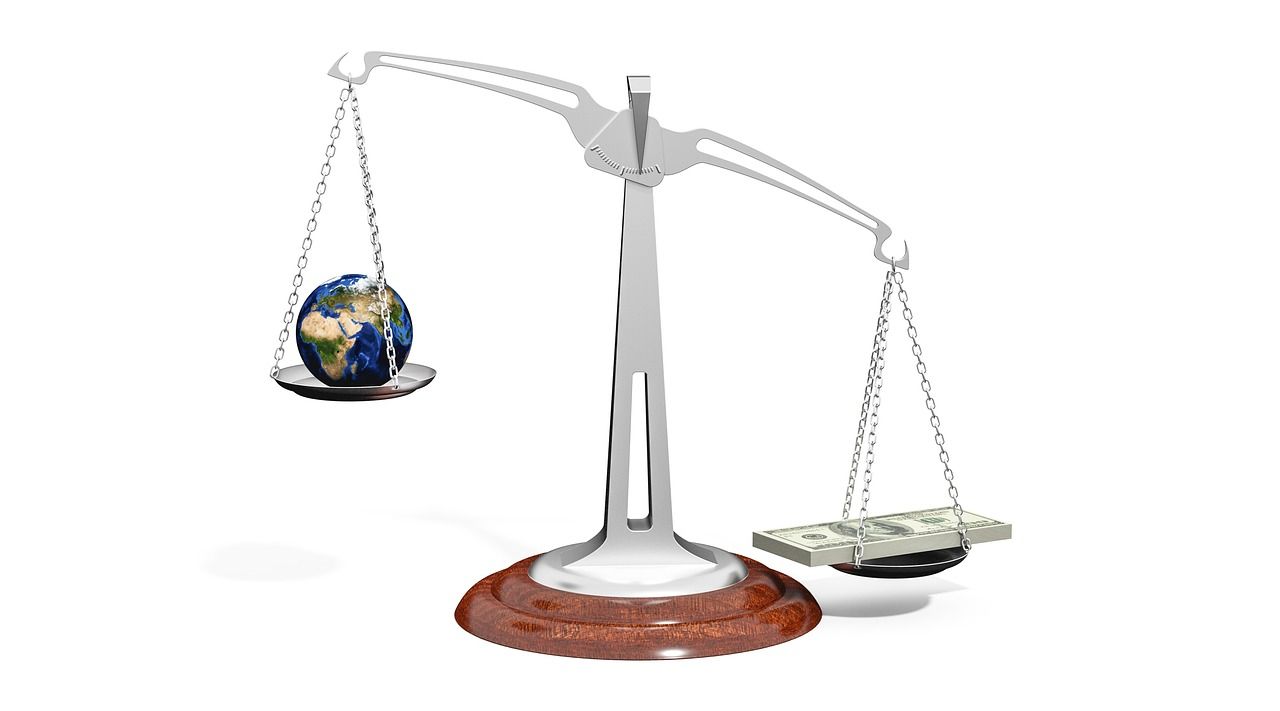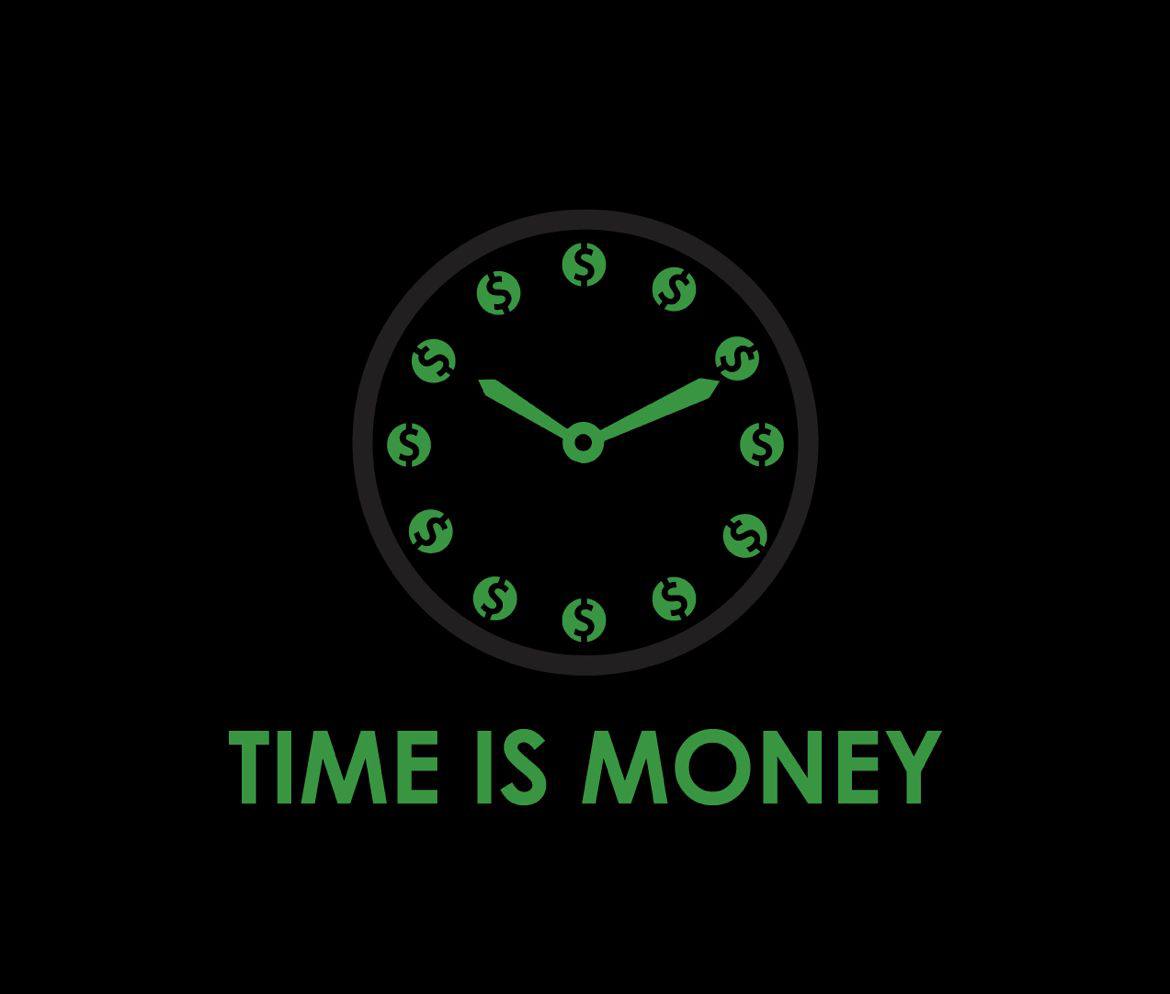The World Economic Forum

The World Economic Forum (WEF) is a Swiss non-profit organization founded in 1971 by Klaus Schwab, a German-born economist and business professor. Its purpose is to bring together leaders from different sectors and backgrounds to discuss and tackle some of the world's most pressing issues. Over the years, the WEF has grown into a global network of more than 2,000 member groups drawn from over 160 countries that represents a diverse cross-section of the world's leading businesses, political leaders, and experts.
One of the events that the WEF is known for is its annual meeting, held in Davos, Switzerland. This gathering brings together some of the world's most powerful and influential people to participate in discussions and debates on various topics, from politics and economics to technology and the environment. The WEF's annual meeting is widely regarded as the most prestigious event of its kind. It is attended by top executives from the world's largest corporations, heads of state, and other high-level officials.
Beyond the annual meeting, the WEF is also active in various initiatives and projects to solve some of the world's most pressing issues. The organization's initiatives span a range of topics, from promoting economic growth and reducing poverty to addressing the global challenges of climate change, inequality, and sustainable development. To achieve its goals, the WEF works in partnership with governments, international organizations, and civil societies, leveraging its network and expertise to bring attention to important issues to bring change.
One of the arguments supporting the WEF is that it provides a unique platform for leaders from different sectors to come together and collaborate on solutions to global challenges. By bringing together a diverse group of leaders, the WEF can facilitate meaningful conversations and partnerships that might not occur otherwise. Furthermore, the WEF's global reach and extensive network of experts can help to bring attention to important issues and bring change. For example, the WEF has been instrumental in promoting sustainable development and has helped spur action on climate change by bringing together leaders from businesses, governments, and civil societies to find solutions.
However, there are also arguments against the WEF. Some criticize the organization for being too focused on the interests of large corporations and the wealthy elite rather than considering the needs and perspectives of the wider population. Critics argue that the WEF is a symbol of control, and its focus on the interests of the elite often comes at the expense of social concerns. They also argue that the WEF's decision-making processes are opaque and undemocratic, with a heavy influence from corporations and the wealthy. Critics argue its focus on elite gatherings and private meetings undermines its credibility and effectiveness.
In conclusion, the World Economic Forum is a complex organization that has had a significant impact on shaping global agendas and addressing global challenges. While criticisms of the WEF are valid, it cannot be denied that the forum brings together leaders from various sectors to provide a platform for collaboration and idea exchange. Regardless of one's personal views on the WEF, its influence and impact on the world are undeniable. It continues to play a vital role in bringing leaders together to work towards a shared vision of the future.
Thanks for reading!
- Informative Article Links ⬇️:




TIME IS MONEY: Your Daily Scoop of Markets📈, Business💼, Tech📲🚀, and Global 🌎 News.
The news you need, the time you want.
Site link ⬇:



